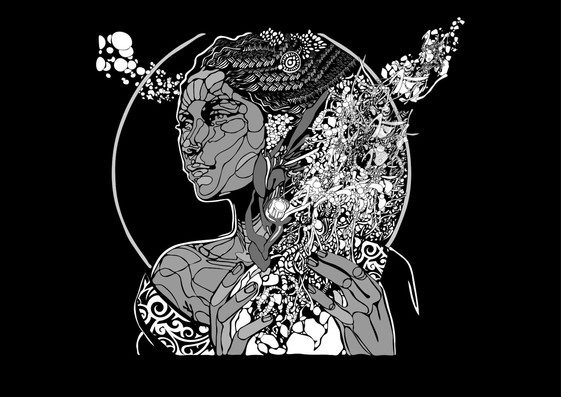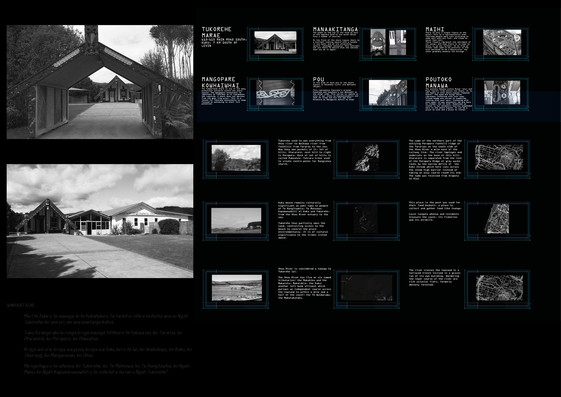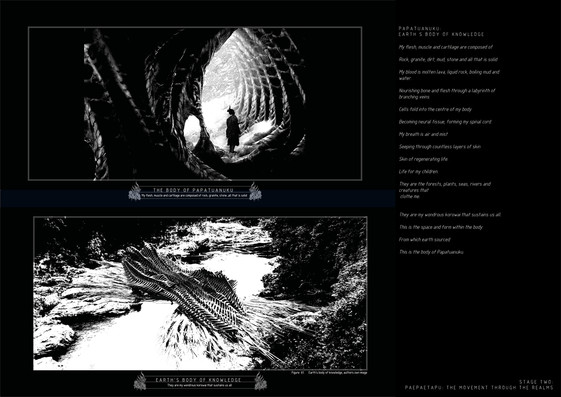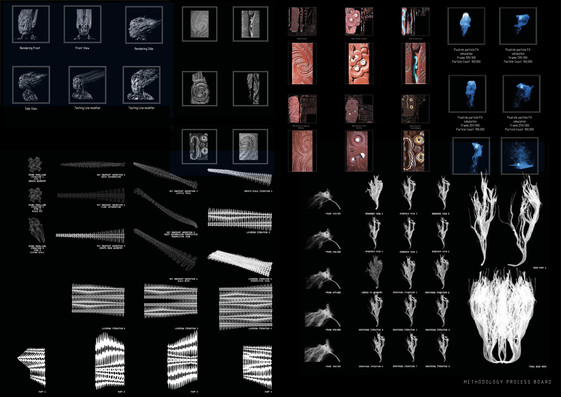In this interview, silver winner, Jessica Young, shares with us her Māorifuturism project and the advice she would give herself if she was to go back to uni.
Student Council Interview
Interview with Jessica Young
Introduction

Do you mind telling us a little about what you’re currently doing?
I’m currently an architectural graduate working at Warren and Mahoney’s Auckland Studio. It’s a great experience for me, I’ve been very fortunate to be able to gain exposure to so many different typologies such as residential, education, hospitability and tourism and projects in different phases from submission, to concept, to development. It’s exciting seeing projects evolve and to have the support network of experienced team members to help guide you through the learning process.
What was your first creative memory?
I don’t think I can recall a first creative memory as I think I’ve always been surrounded by it. For me, my first memory is probably creativity through music, whether it be song writing or composition that I took a part in during high school.
For design creativity, I think places like Disneyland as a child, where you see people sketching characters and scenes and the magic of it all, it makes you want to be in that creative world.
Also taking graphics in high school really fuelled my creativity, especially being introduced to Zaha Hadid. She was and still is a huge inspiration into why I took architecture.

Do you mind telling us about the project you won Silver for?
The project I won my category for was my thesis- ‘Māorifuturism- the Digital, the Speculative and the Future.’
Māorifuturism is an intersection of culture, technology and the future. The thesis explores new territories of possible futures or alternate realities for Maori culture through speculative narratives, considering mysticism, metaphysics, identity and liberation. Māorifuturism blends the future, the past and the present to create an emergent context.
The thesis is presented in a highly speculative future scenario, where a novel architecture for Maori is envisaged. The design project aims to visualise a new cultural urban condition, indigenous to Aotearoa and distinctive to Tukorehe iwi.
Working in direct conjunction with Ngāti Tukorehe Iwi (my personal iwi), this emergent project is sited within the tribal landscapes of Te Whare Tapu o Tukorehe.
The thesis initiates dialogue to investigate how progressive digital technologies and the cultural identity and Mātauranga Māori (cultural knowledge) of Ngāti Tukorehe can be amalgamated to develop Maori culture an architecture within a speculative scenario.

What was the most important thing you learnt at university?
The most important thing I have learnt at architecture school is that the design is more about the process than it is the final output. The experimentation process and showing iterations in your design thinking is arguably more critical than the final design- because if you have a clear, thorough work flow of thinking then when it comes to presenting the final output, you will be confident in your design and be able to have reasoning behind why/ how you designed the way you did.
I also learnt that the best results usually happen when you are out of your comfort zone or placed in a project that you don’t know much about. It forces you to adapt and learn which I think is the nature of design, its forever evolving and changing so we as designers need to adapt and explore new territories.
If you could go back to when you were starting uni, what advice would you give yourself?
If I could go back to university, the advice I would give myself would be to innovate more. There is a need to innovate instead of replicate – do not compare your work to others but instead learn from them and support one another- surround yourself with like minded people that can open your design thinking and motivate your work ethic.
I would also give advice to experiment more, whether it be through modelling or through new software’s, the possibilities of experimentation are endless and can only help you in your design exploration.

How has an apparent failure set you up for later success?
Apparent failures give me motivation to work smarter and have taught me to be more resilient and to have perseverance- so that, to me, is success. In terms of later success, I am a believer in things happening for a reason, so what seems to be a failure at the time is probably not- it is only a failure if I choose to see it that way.
What is bad advice you hear people giving design students?
Bad advice I hear people giving is any kind of negative advice. What’s worse though is when someone becomes too reliant on someone’s advice that they self-doubt their design because of what others have said. Design itself is so opinionated, so I think students in general need to have more self confidence in their designs. I think if you believe in your experimentation and your design and can justify your workflow then no one else’s opinion really matters that much.